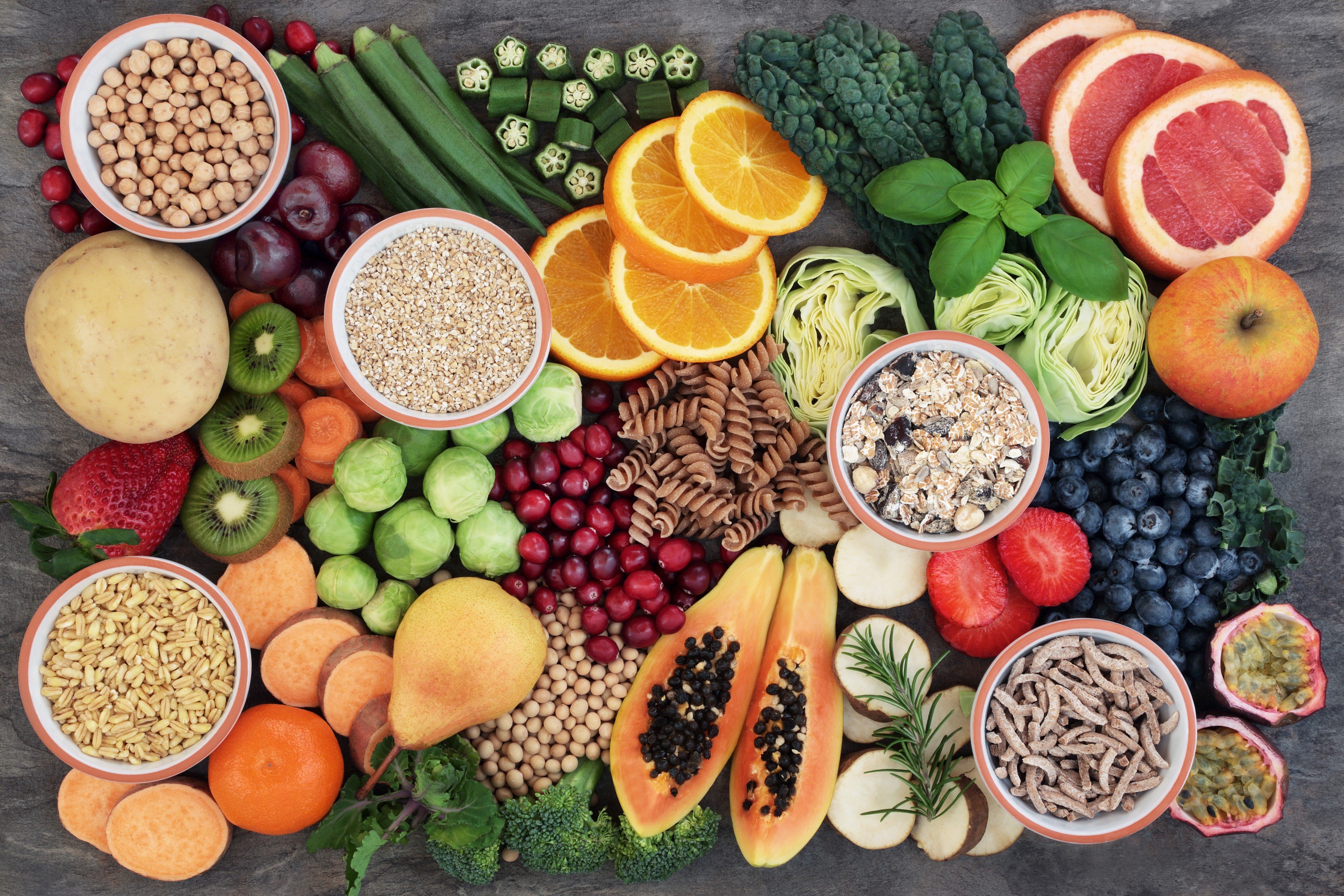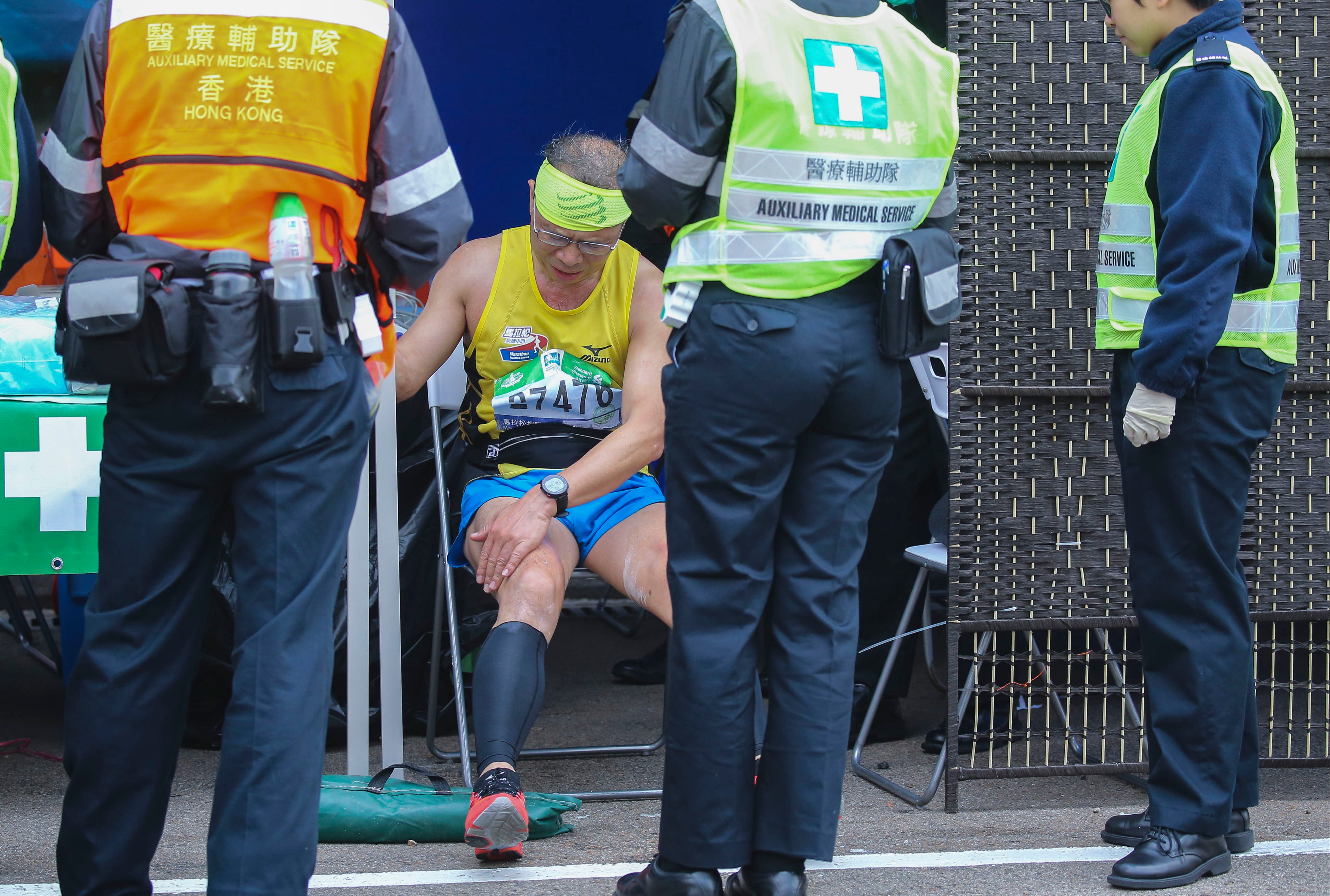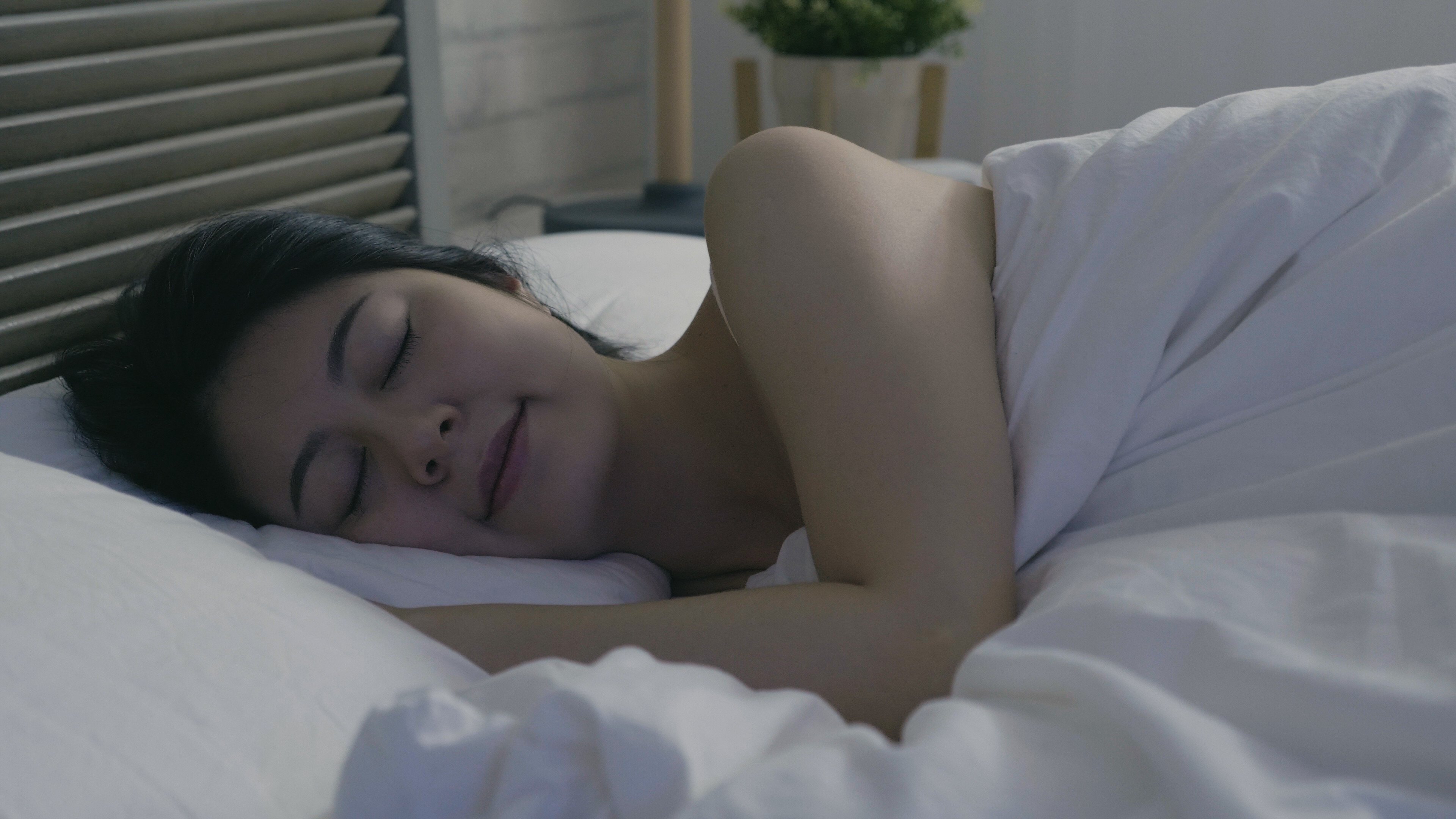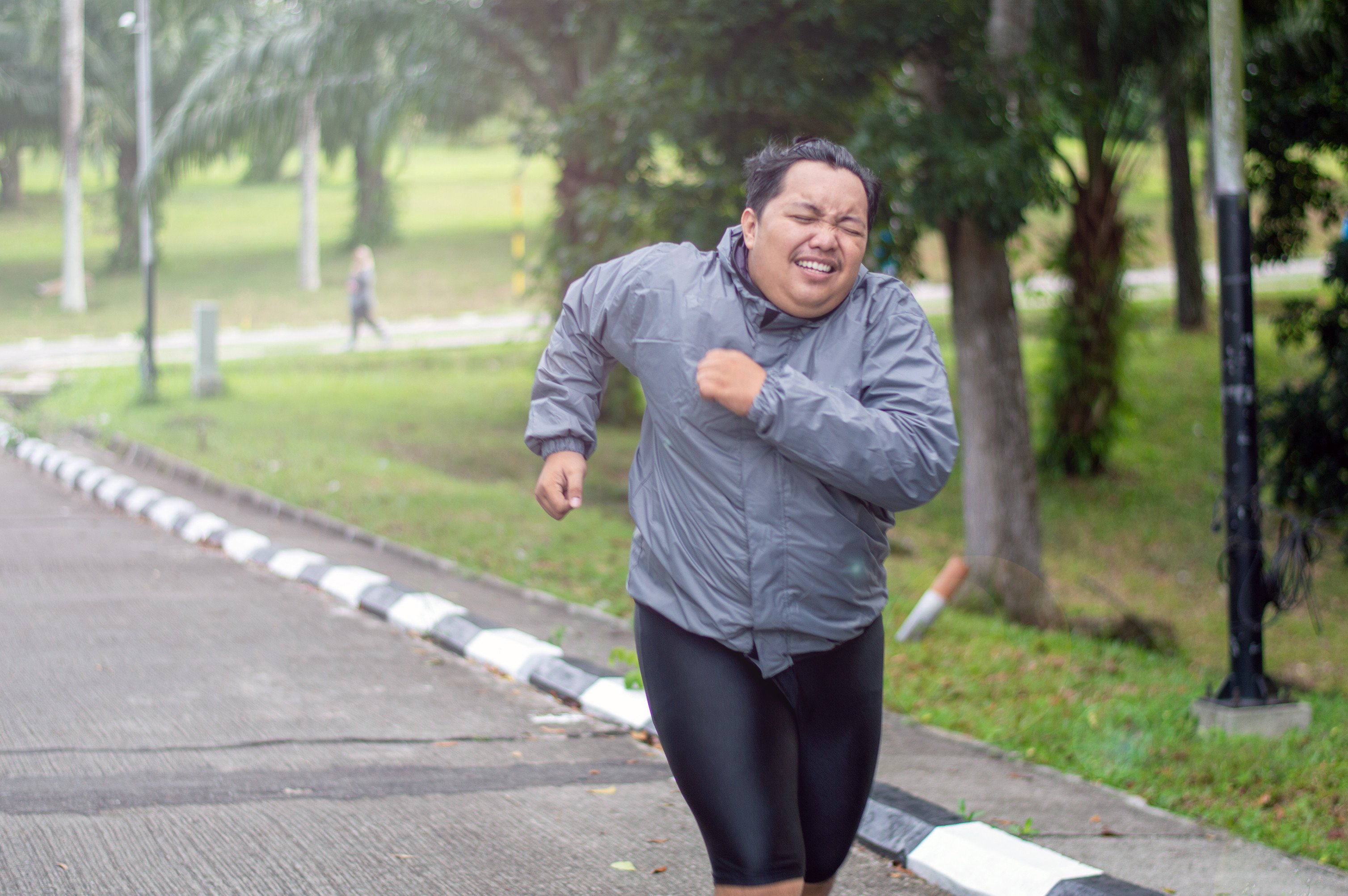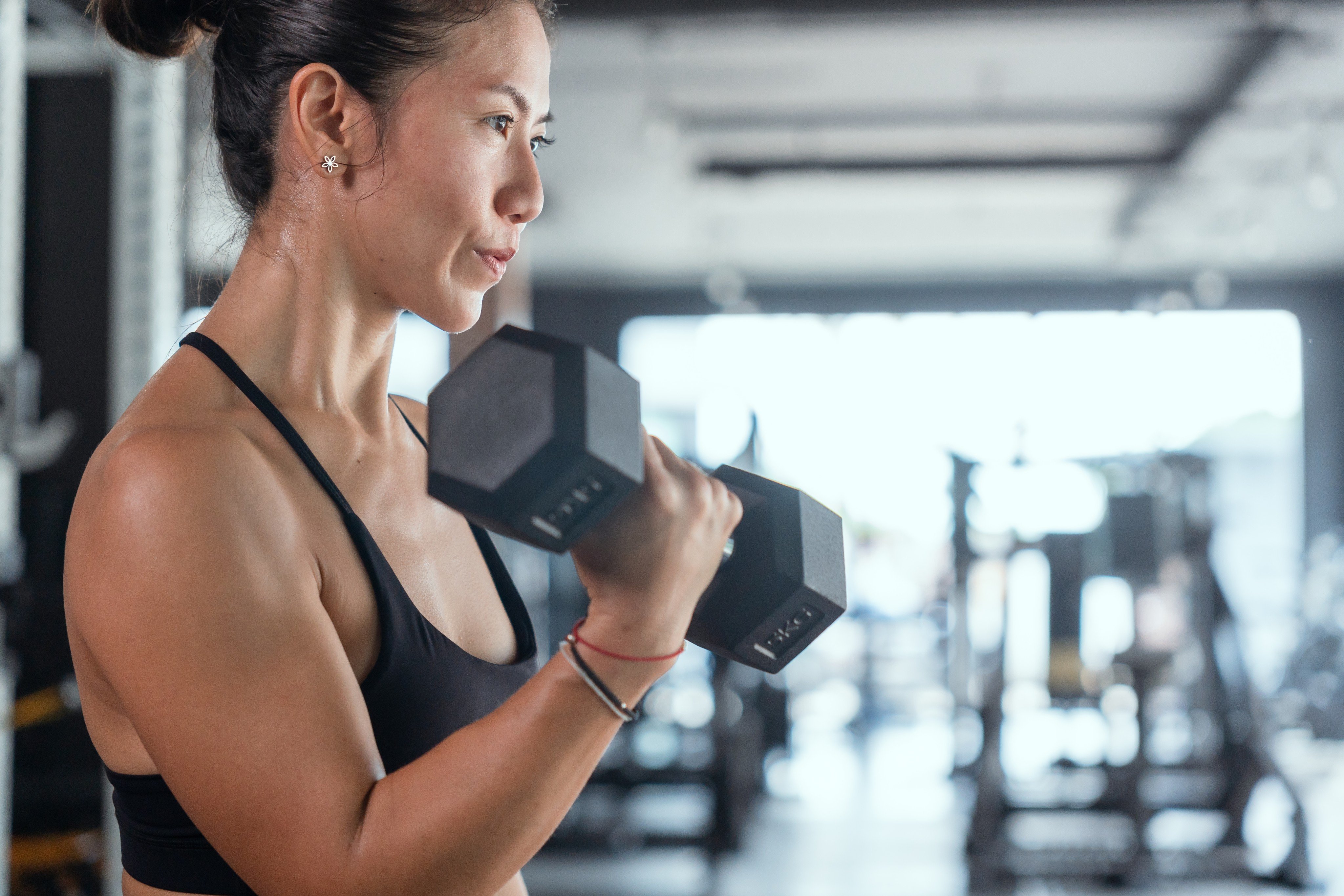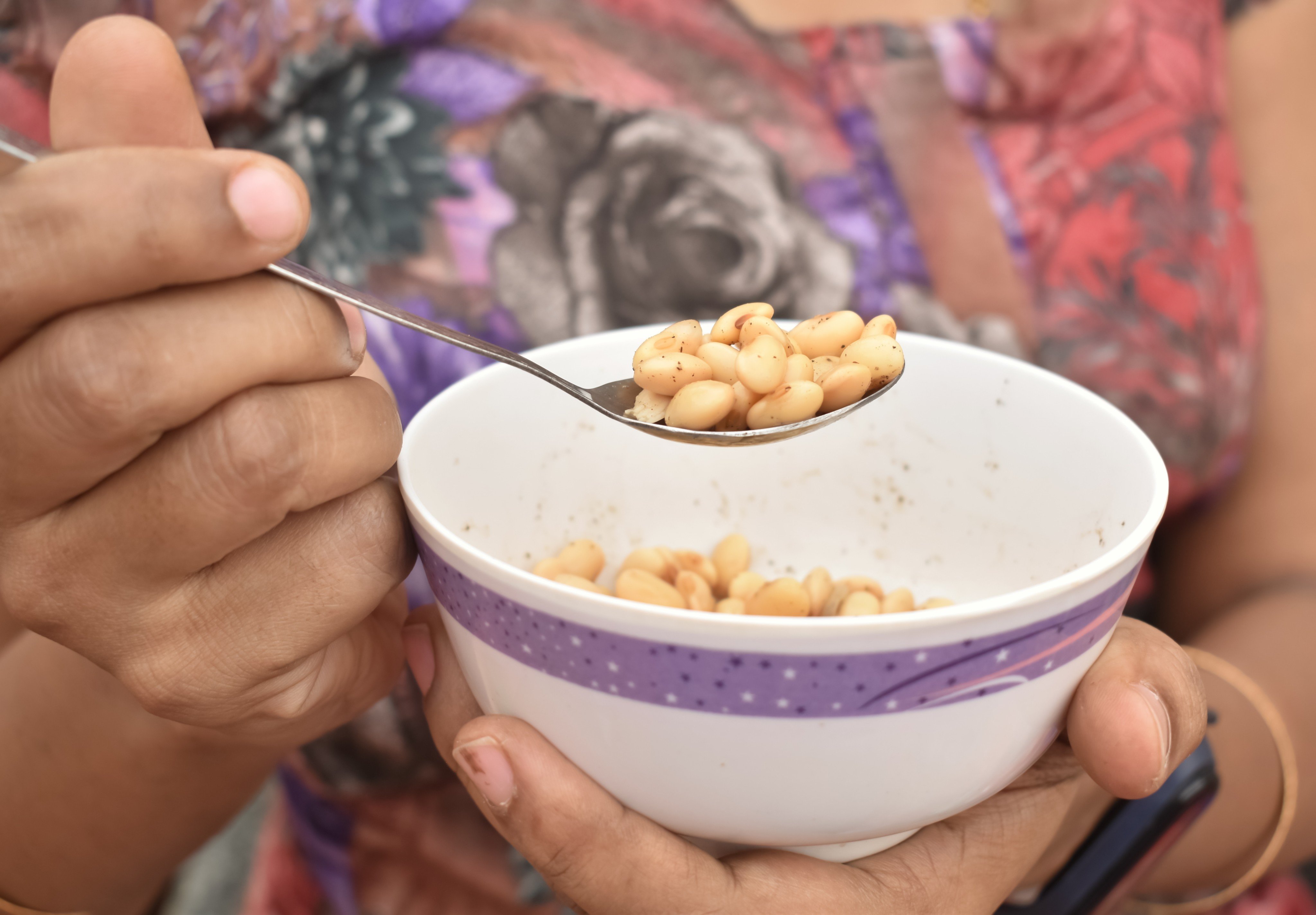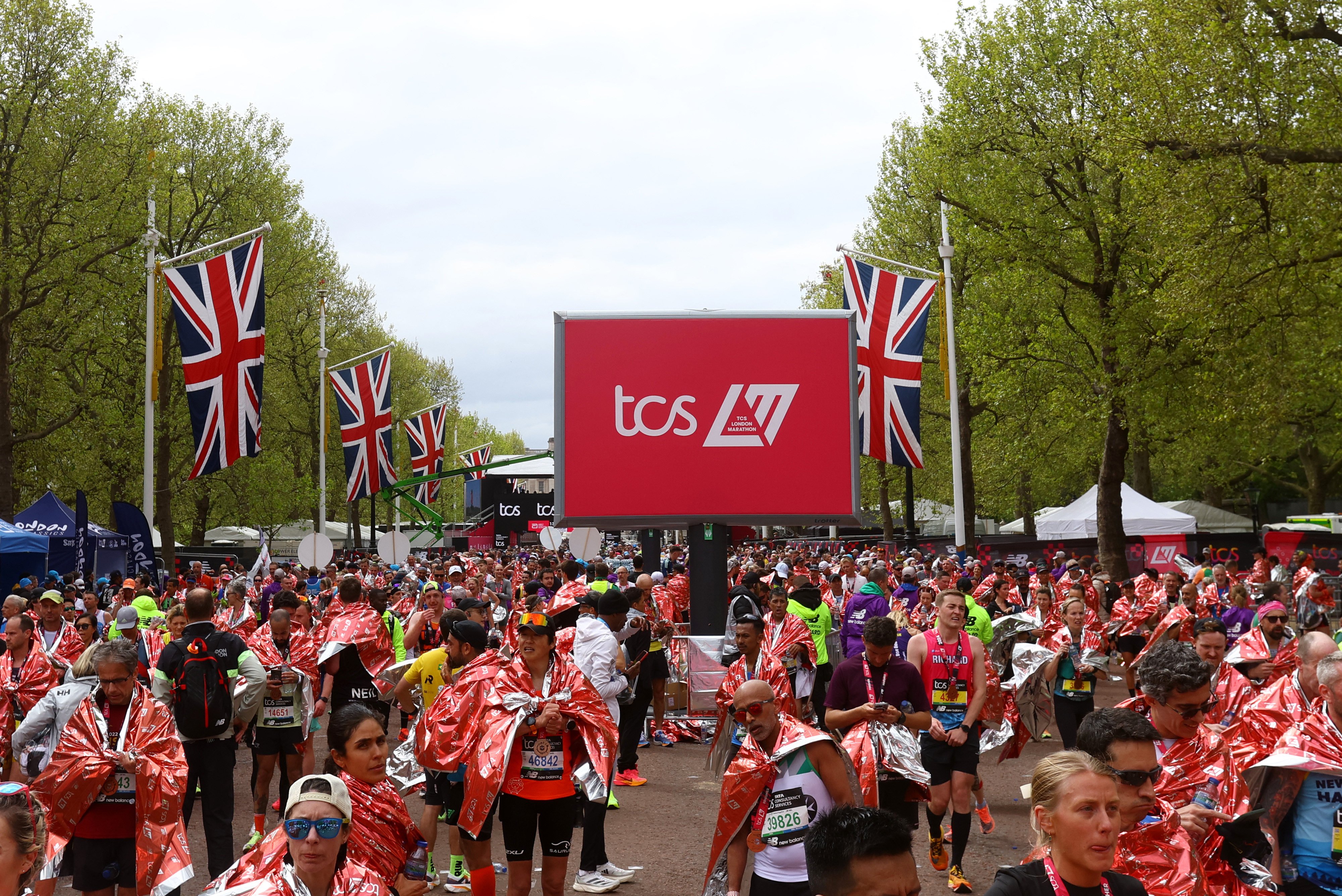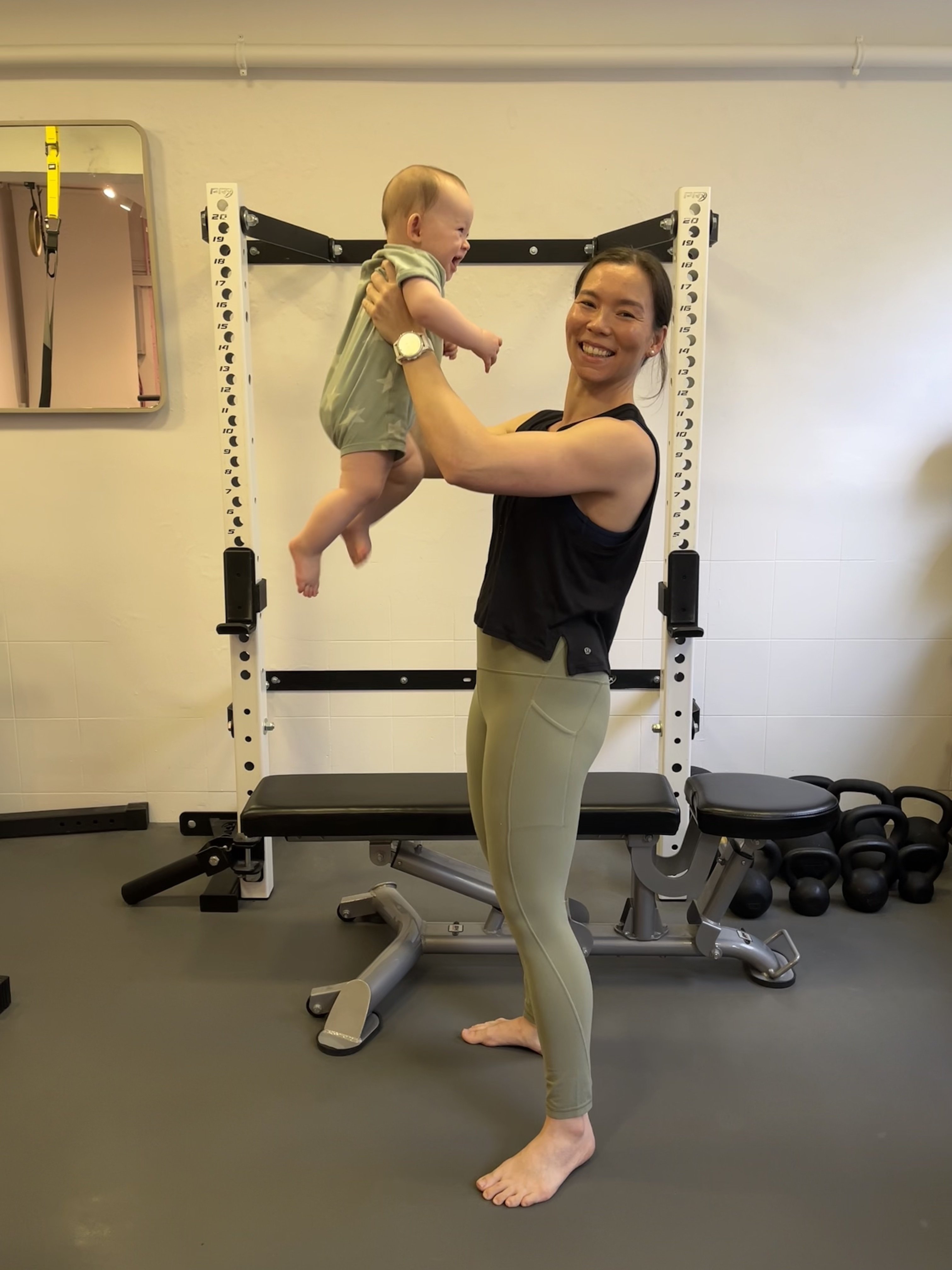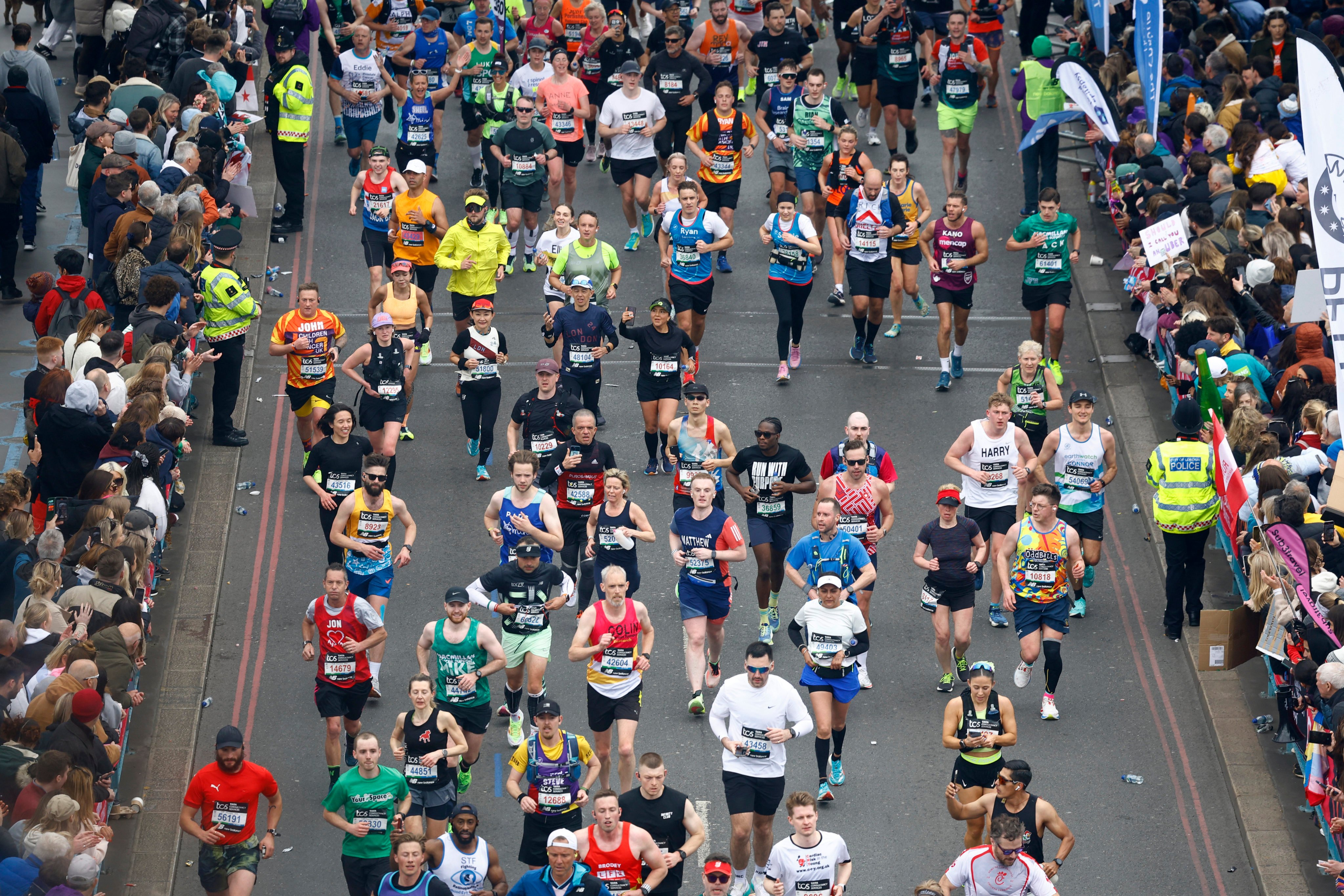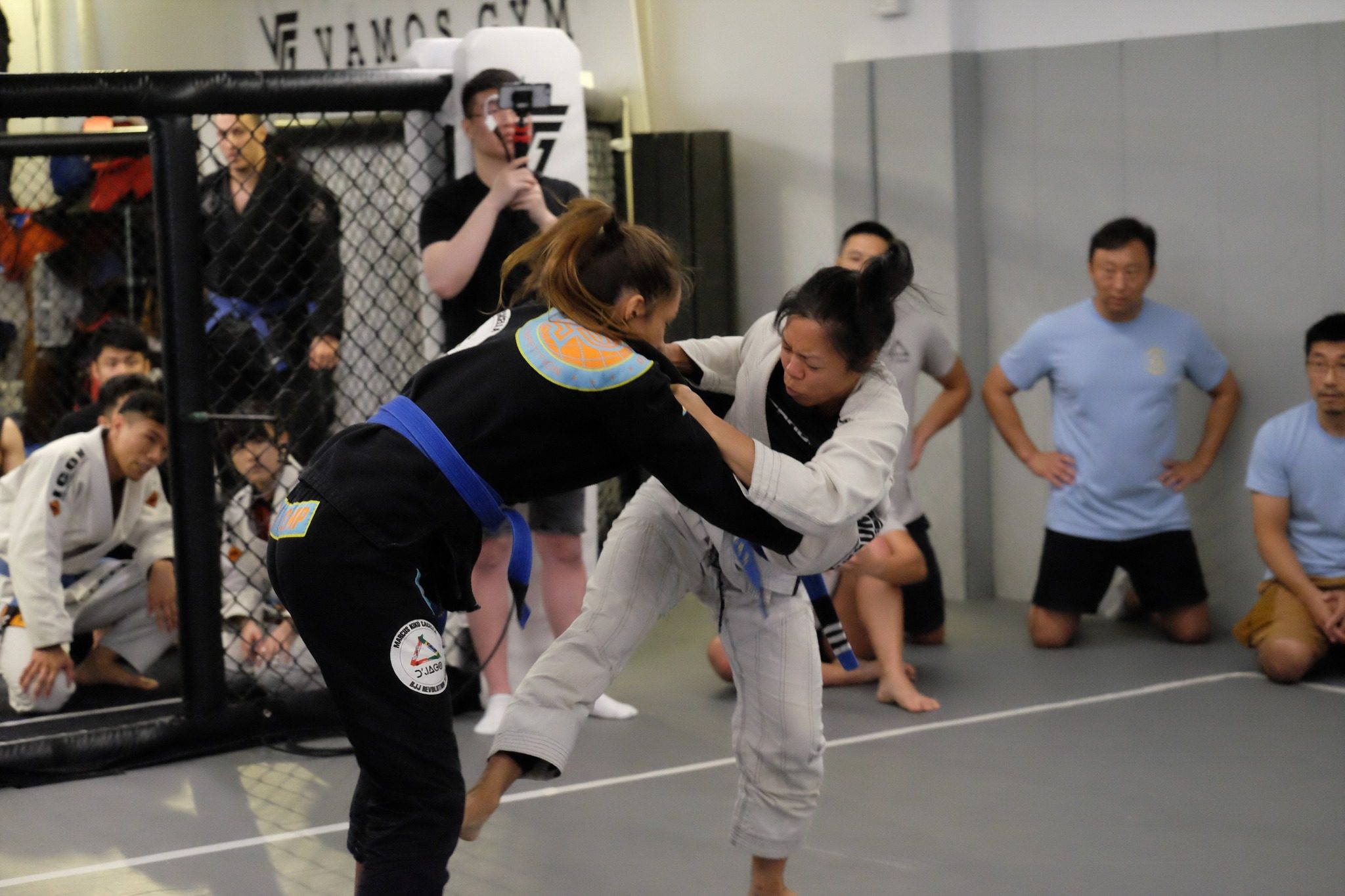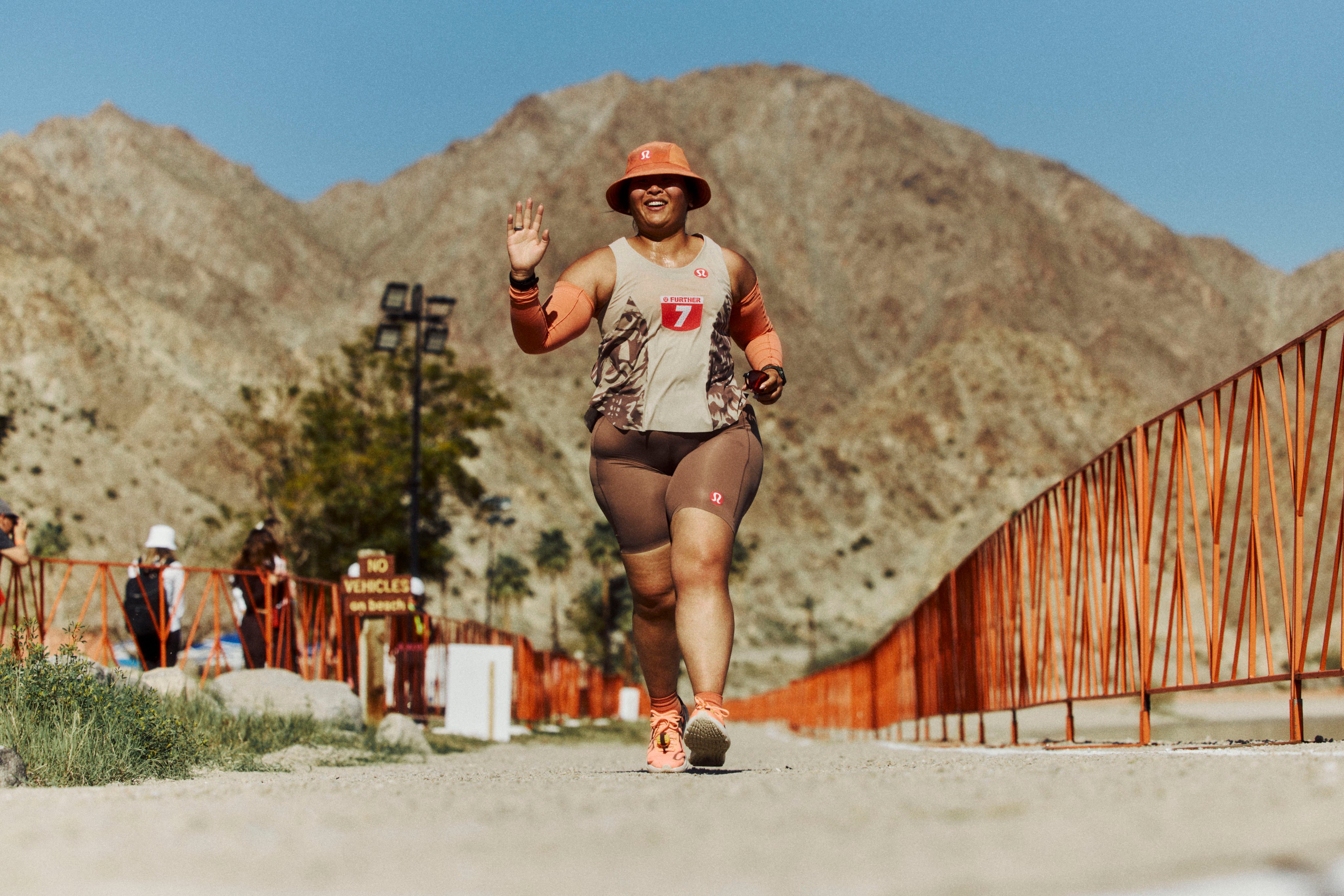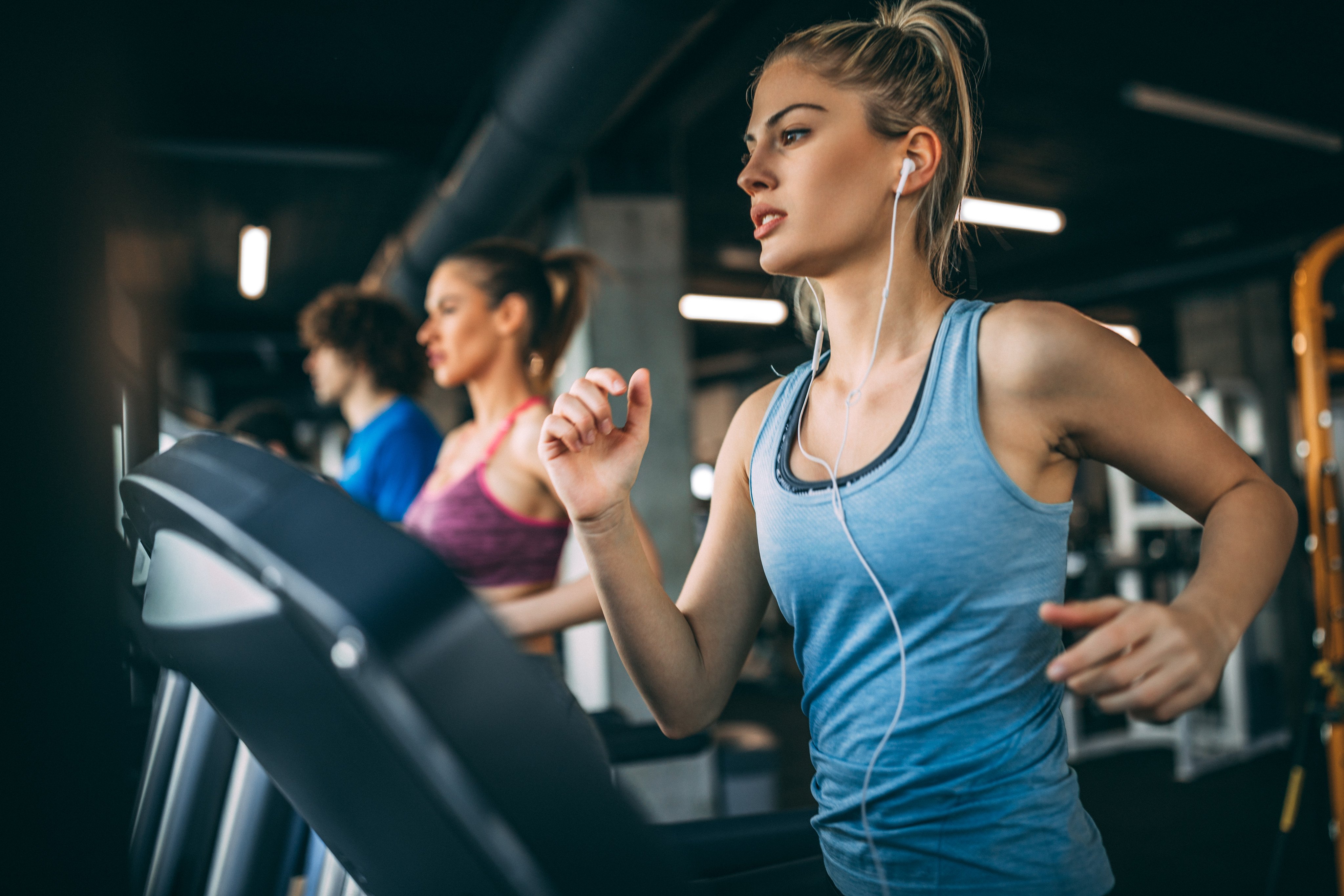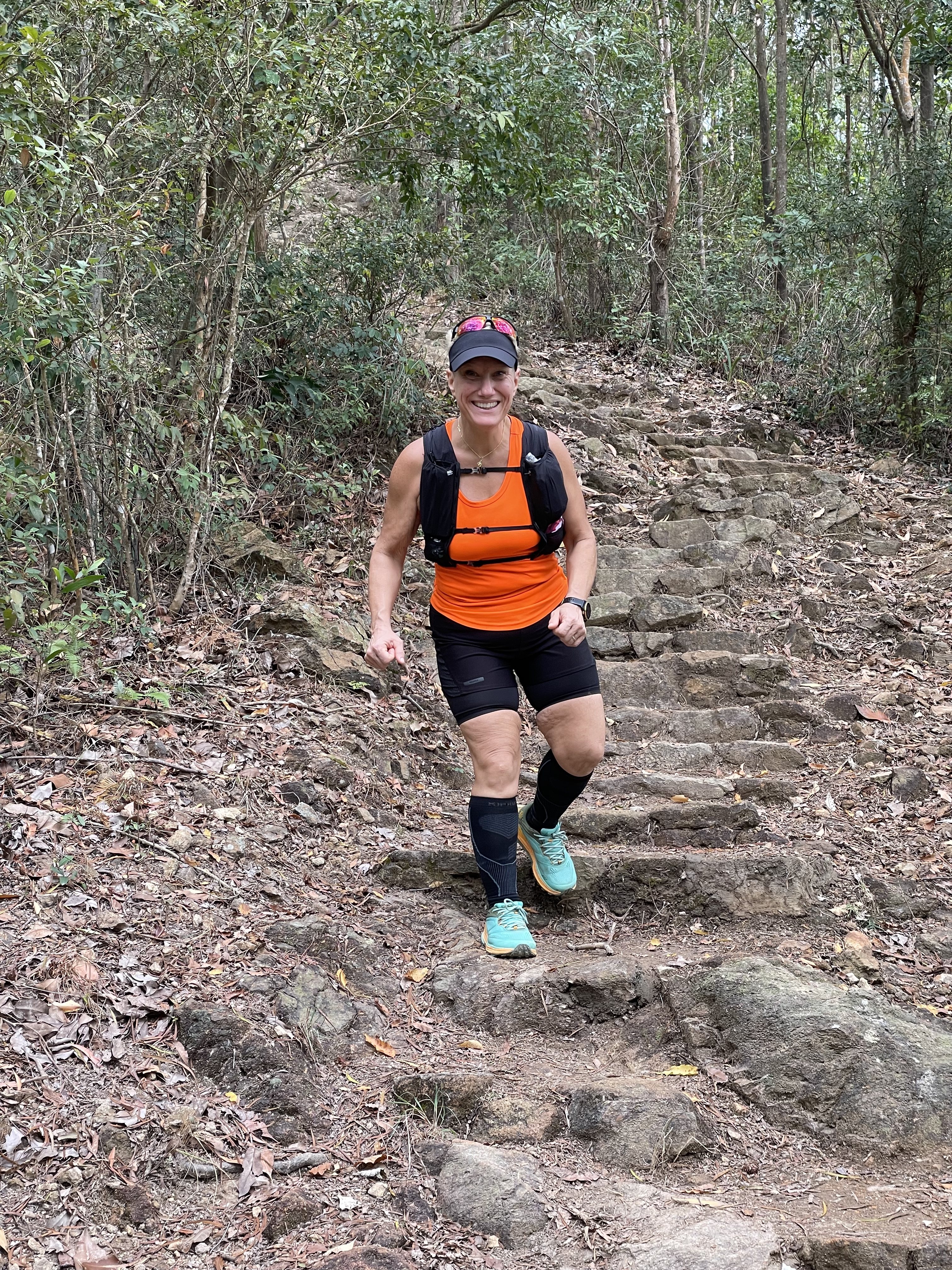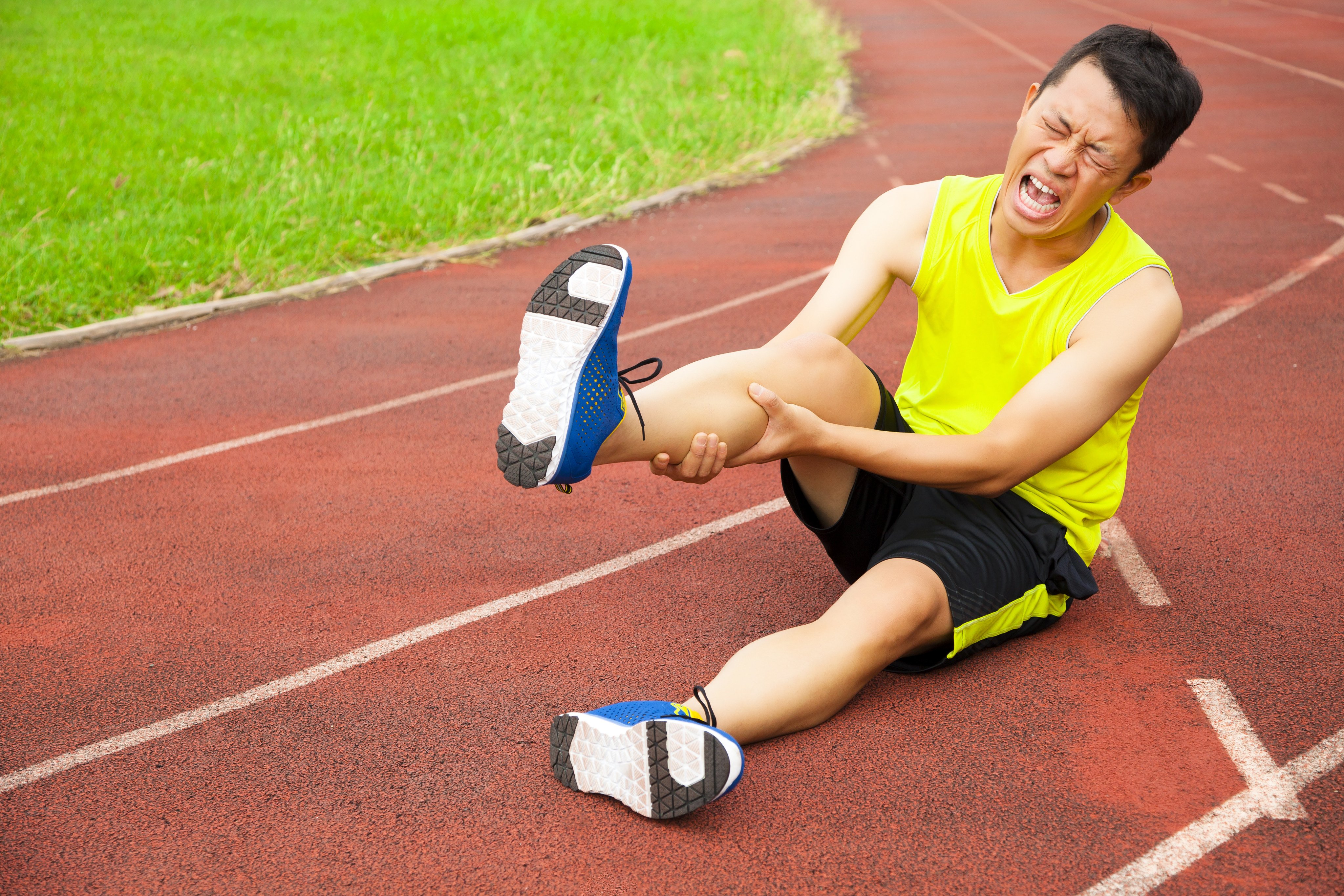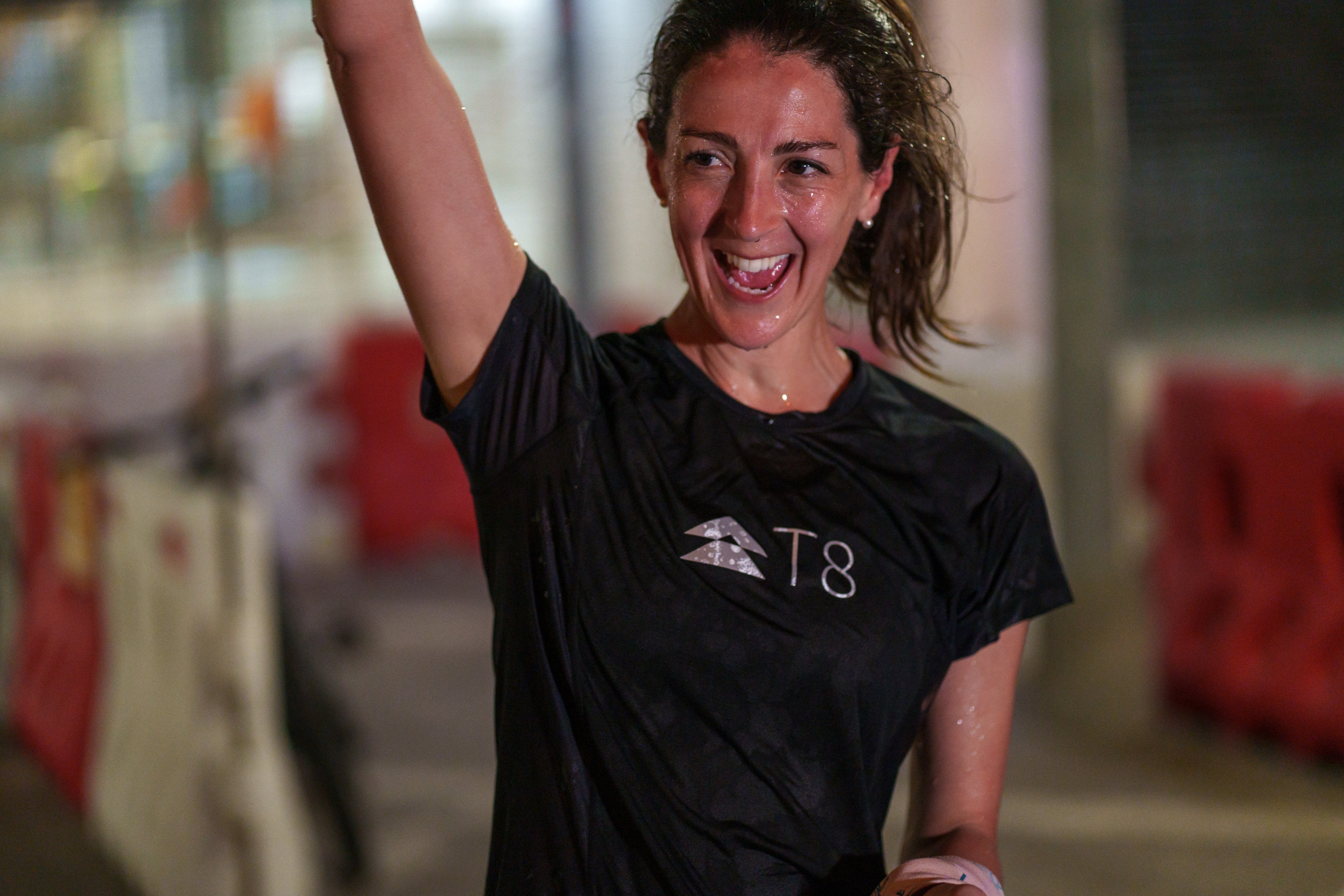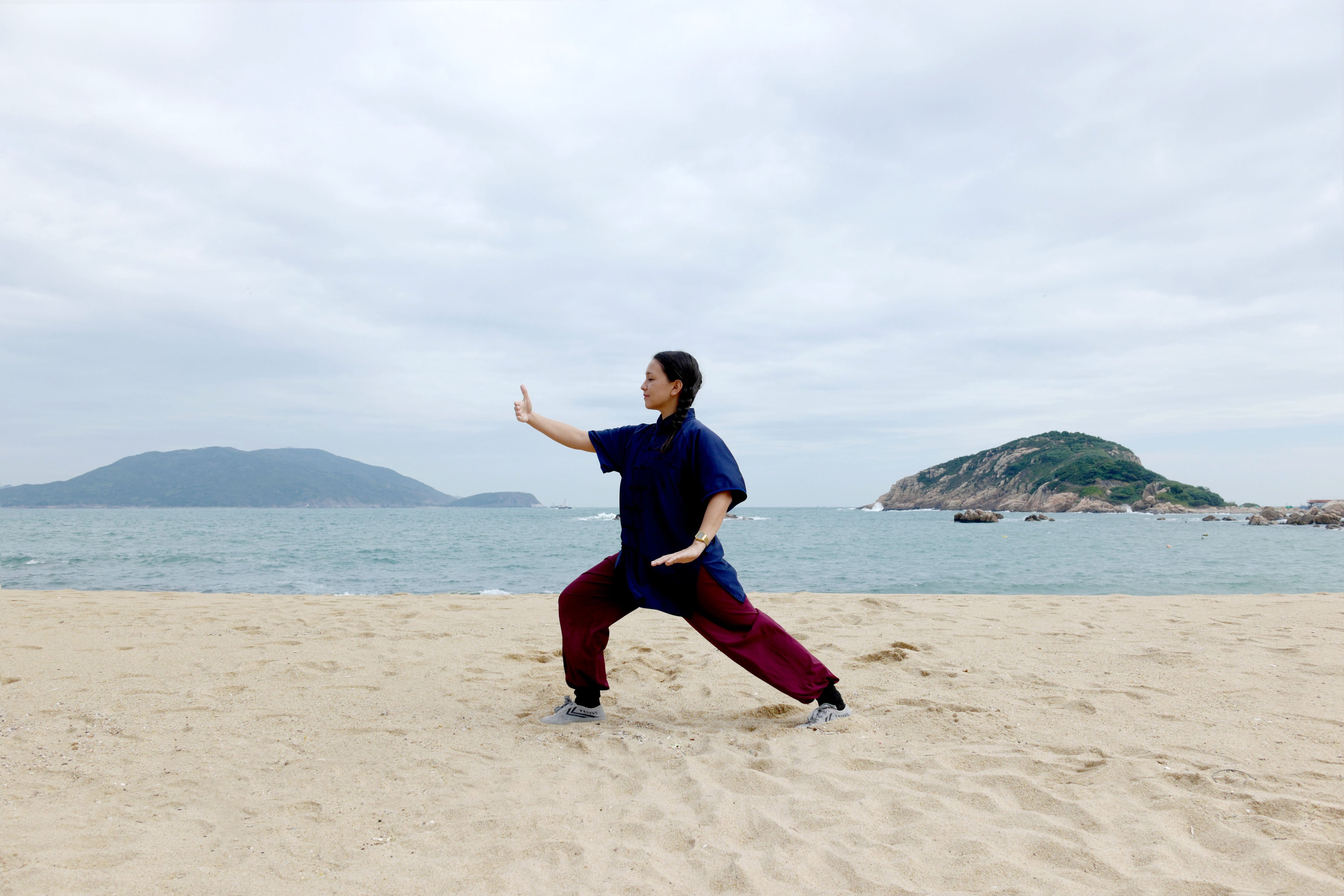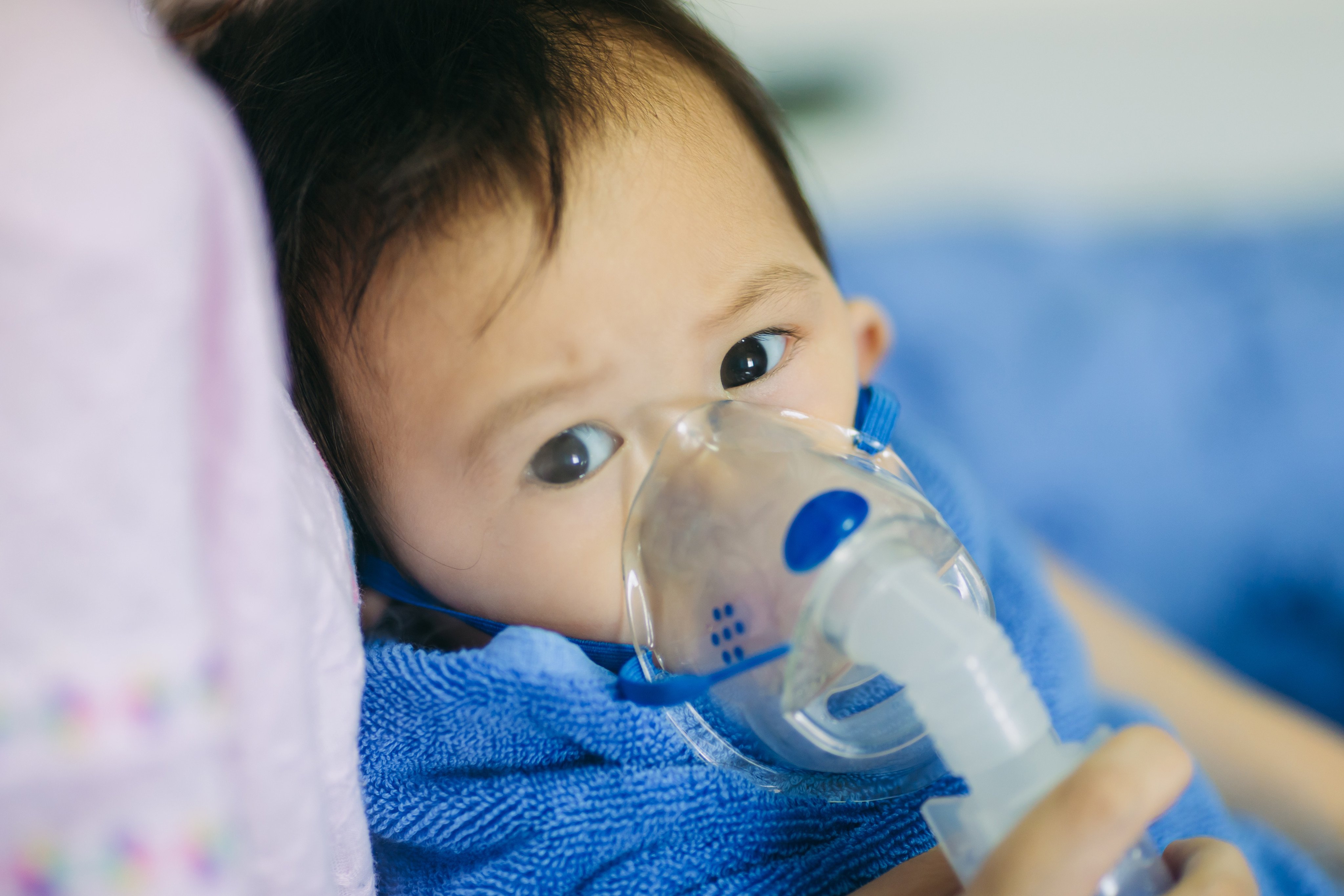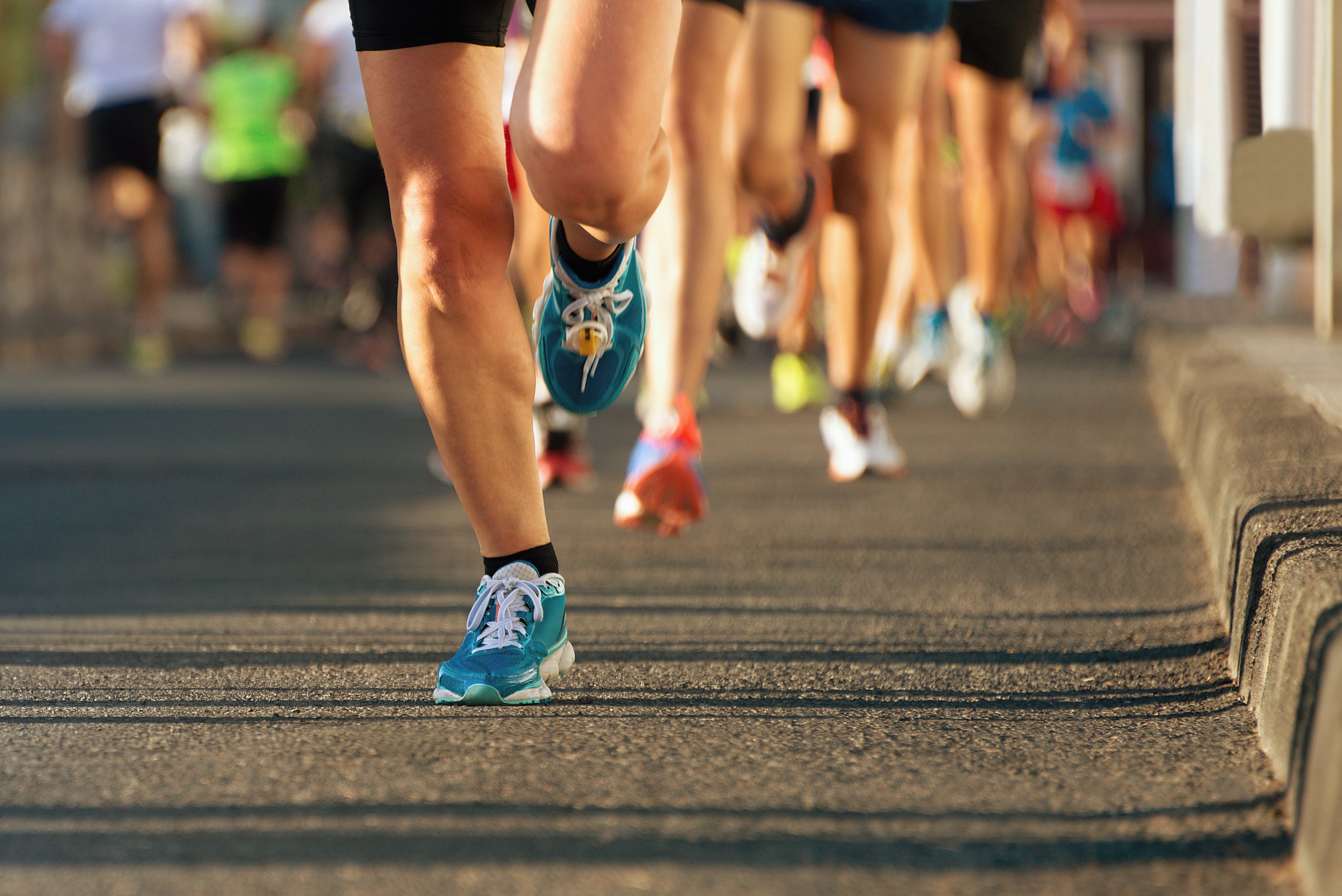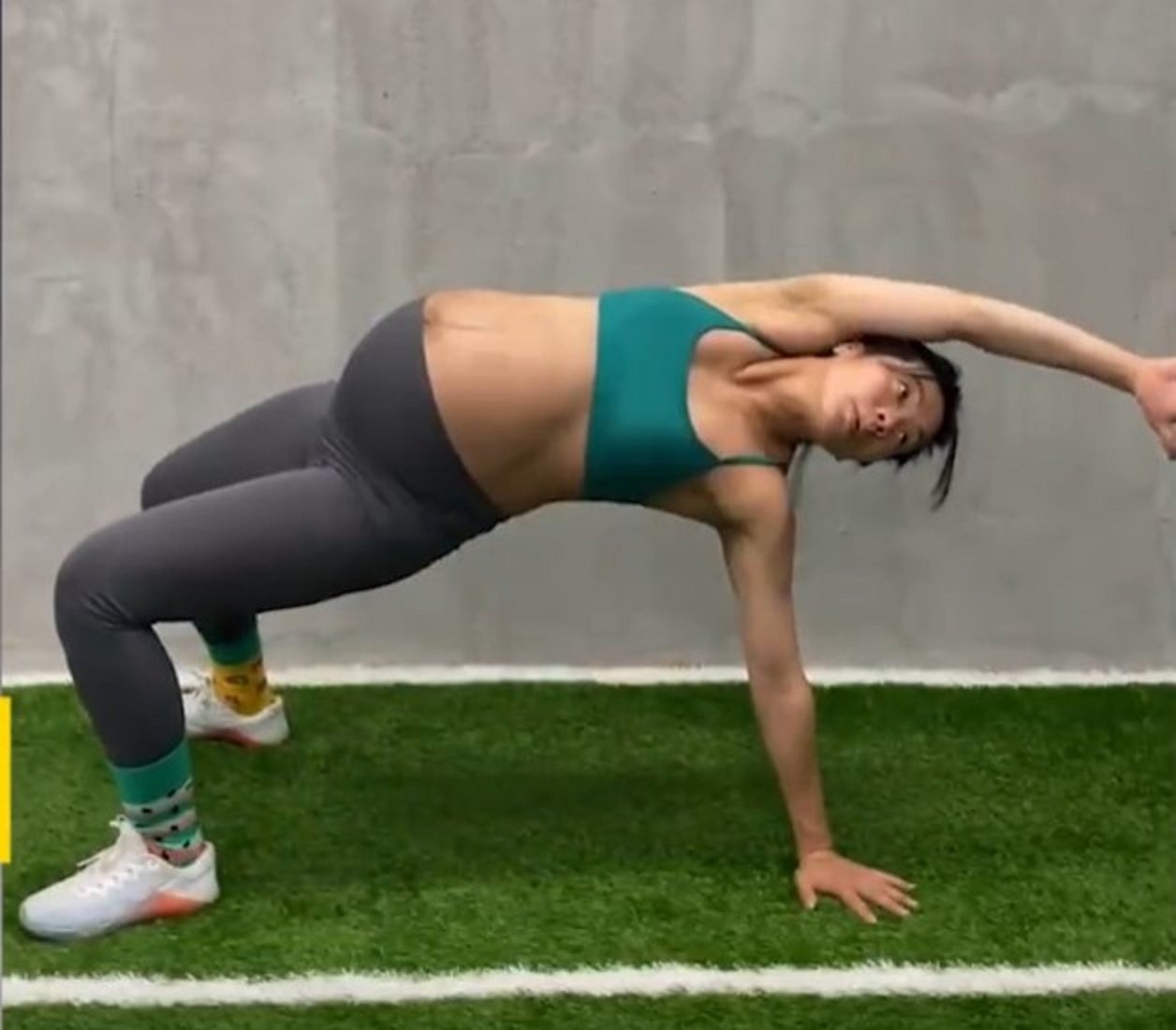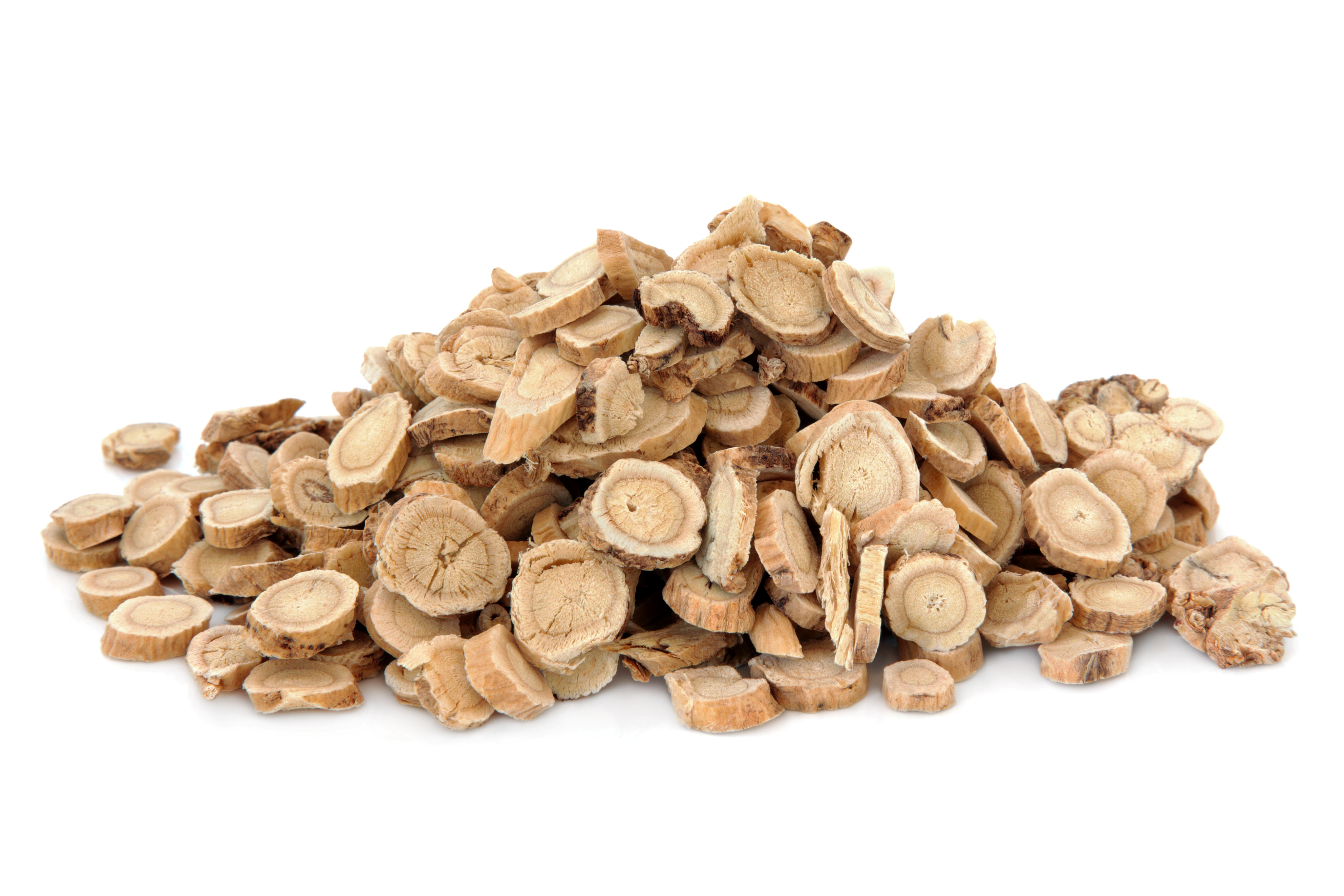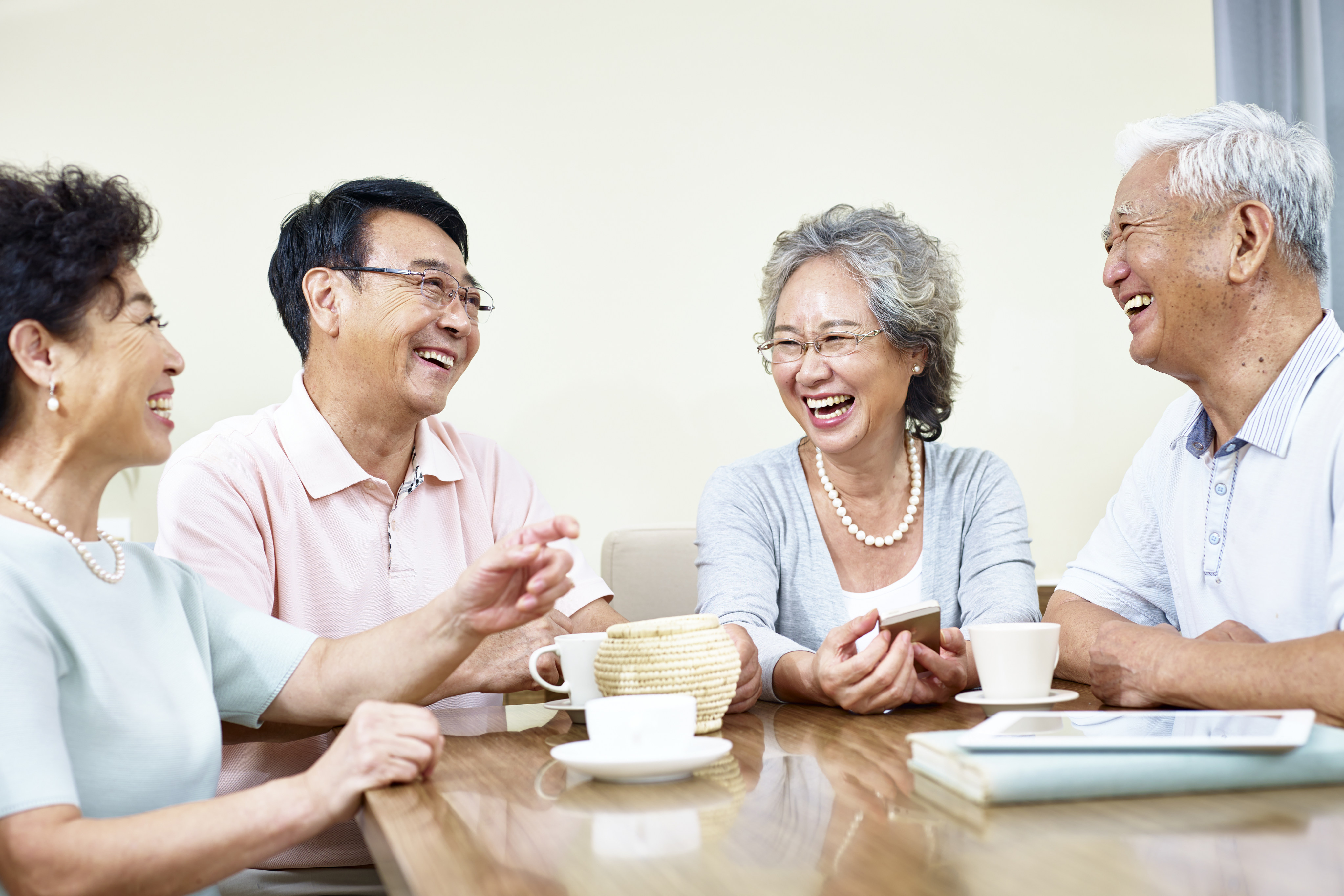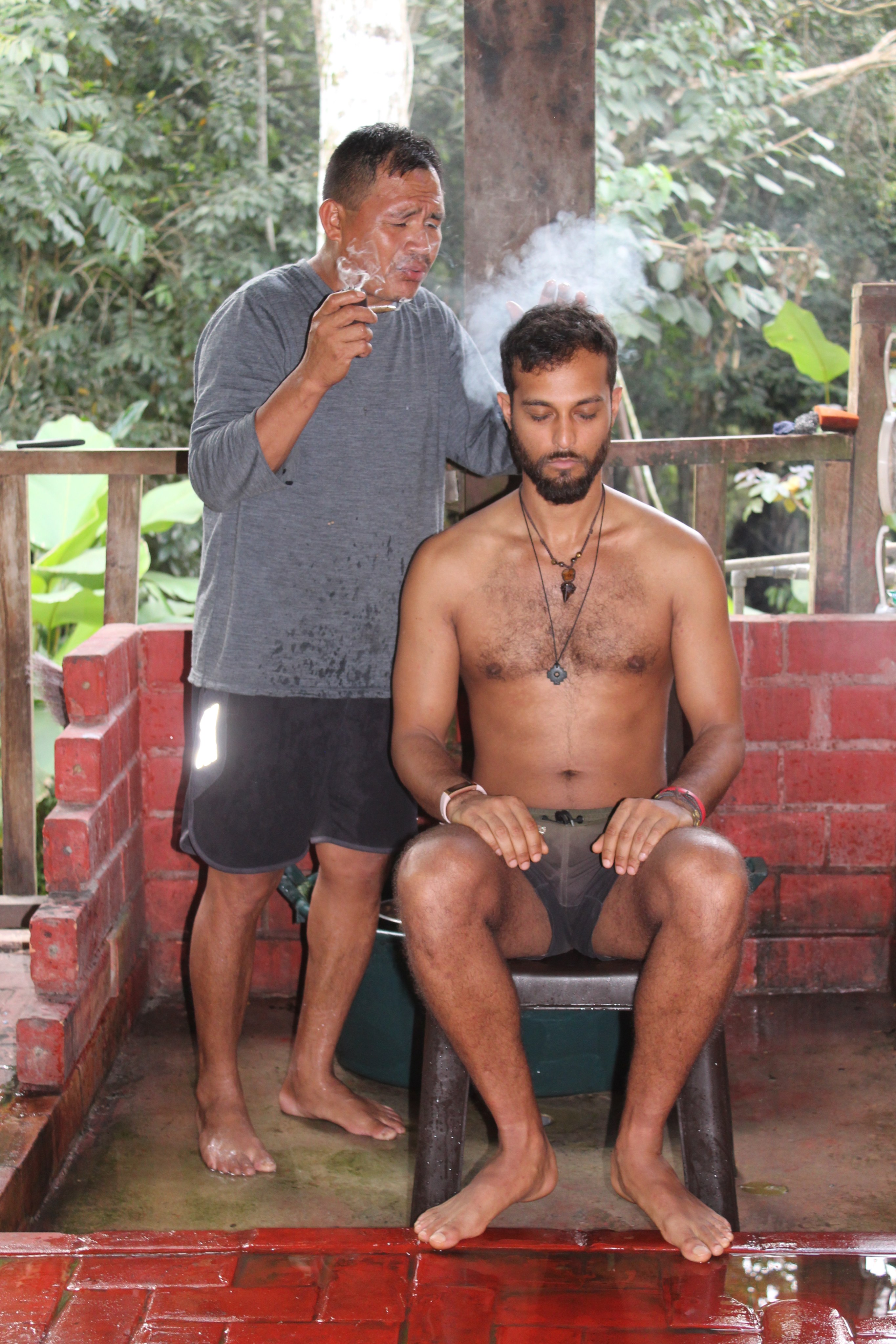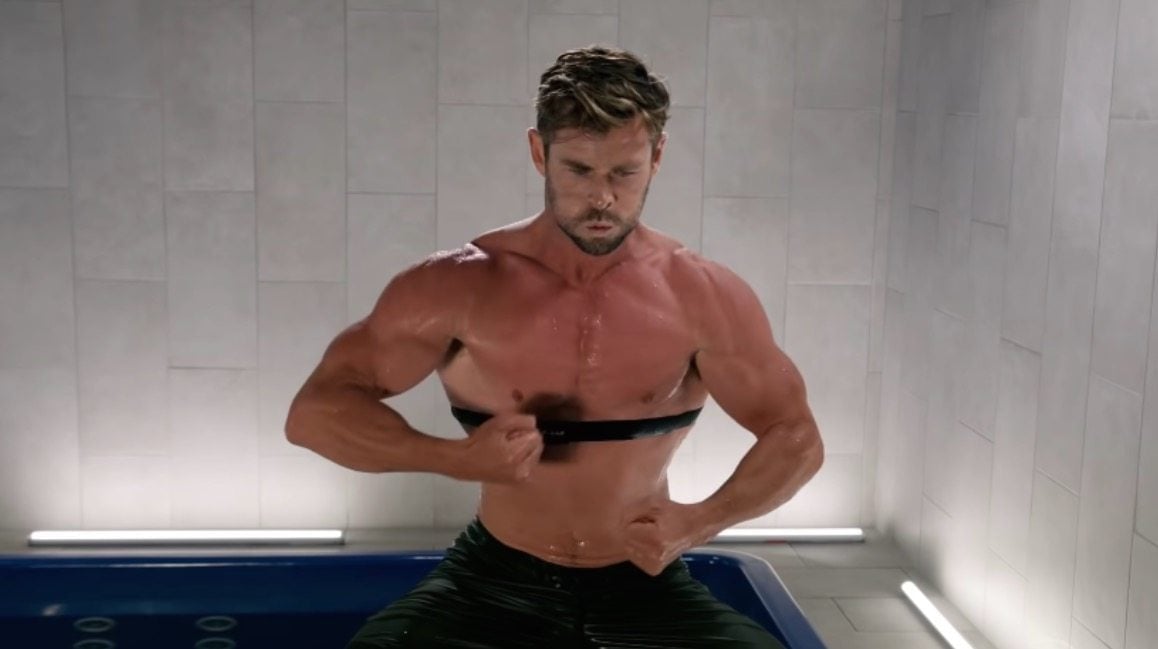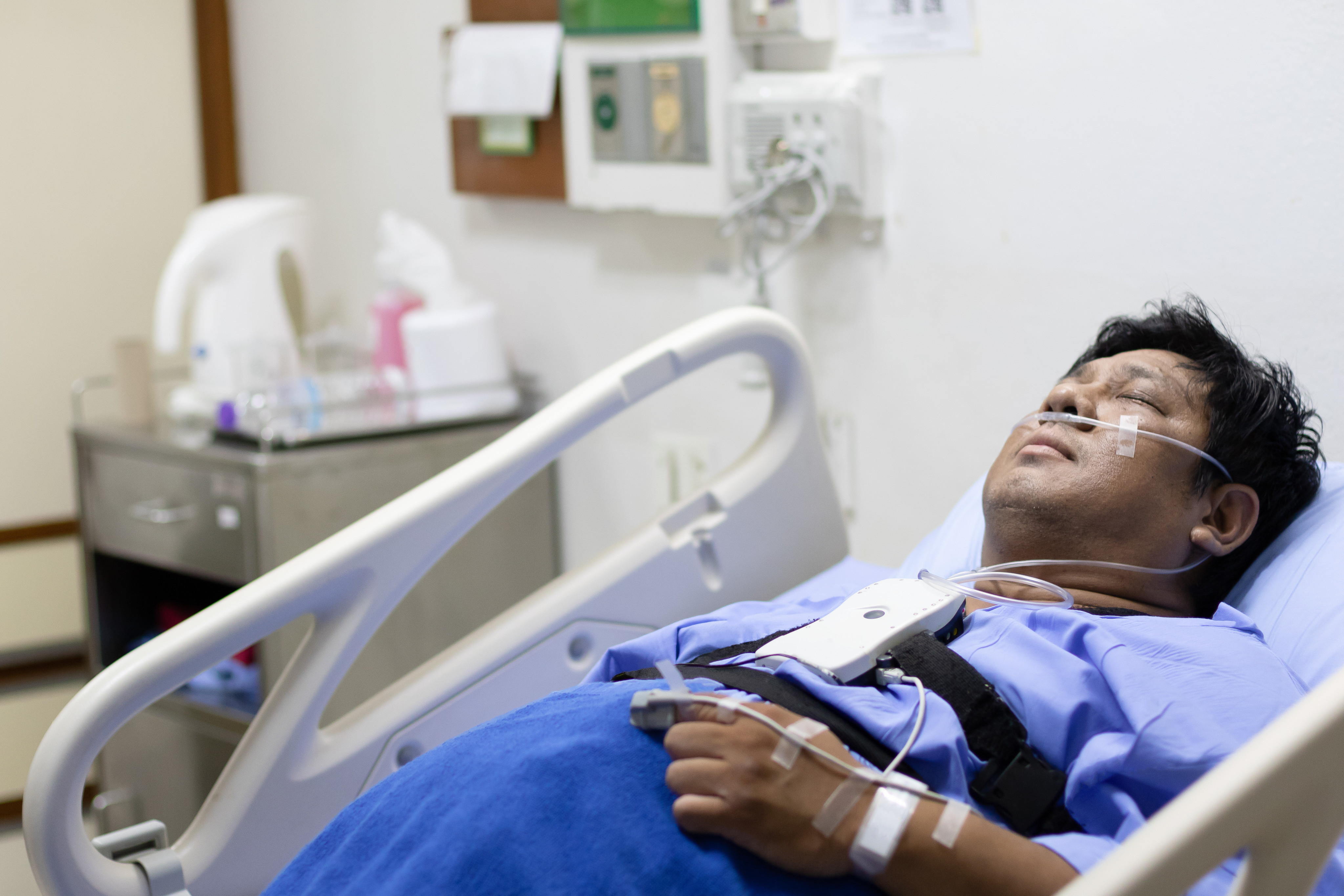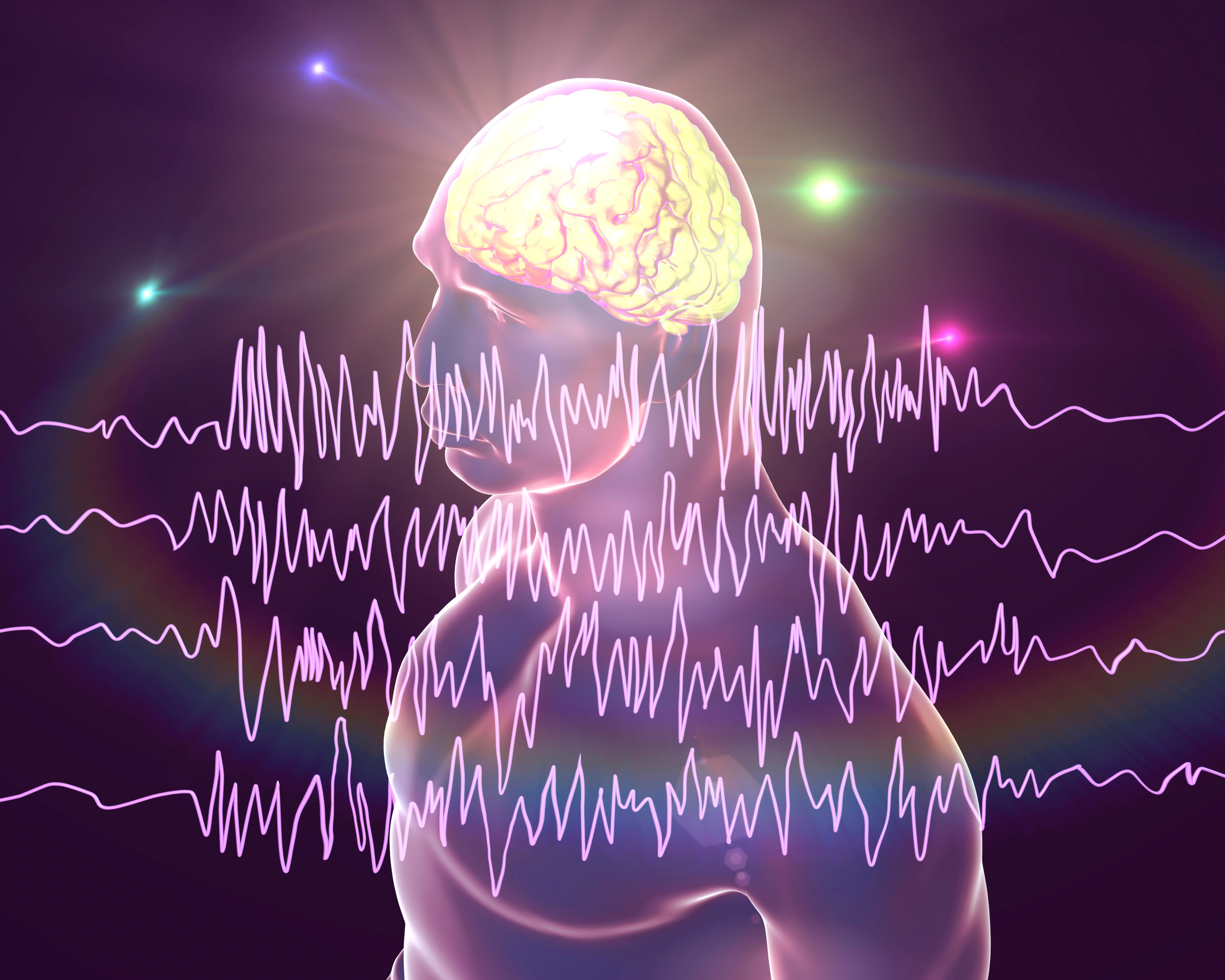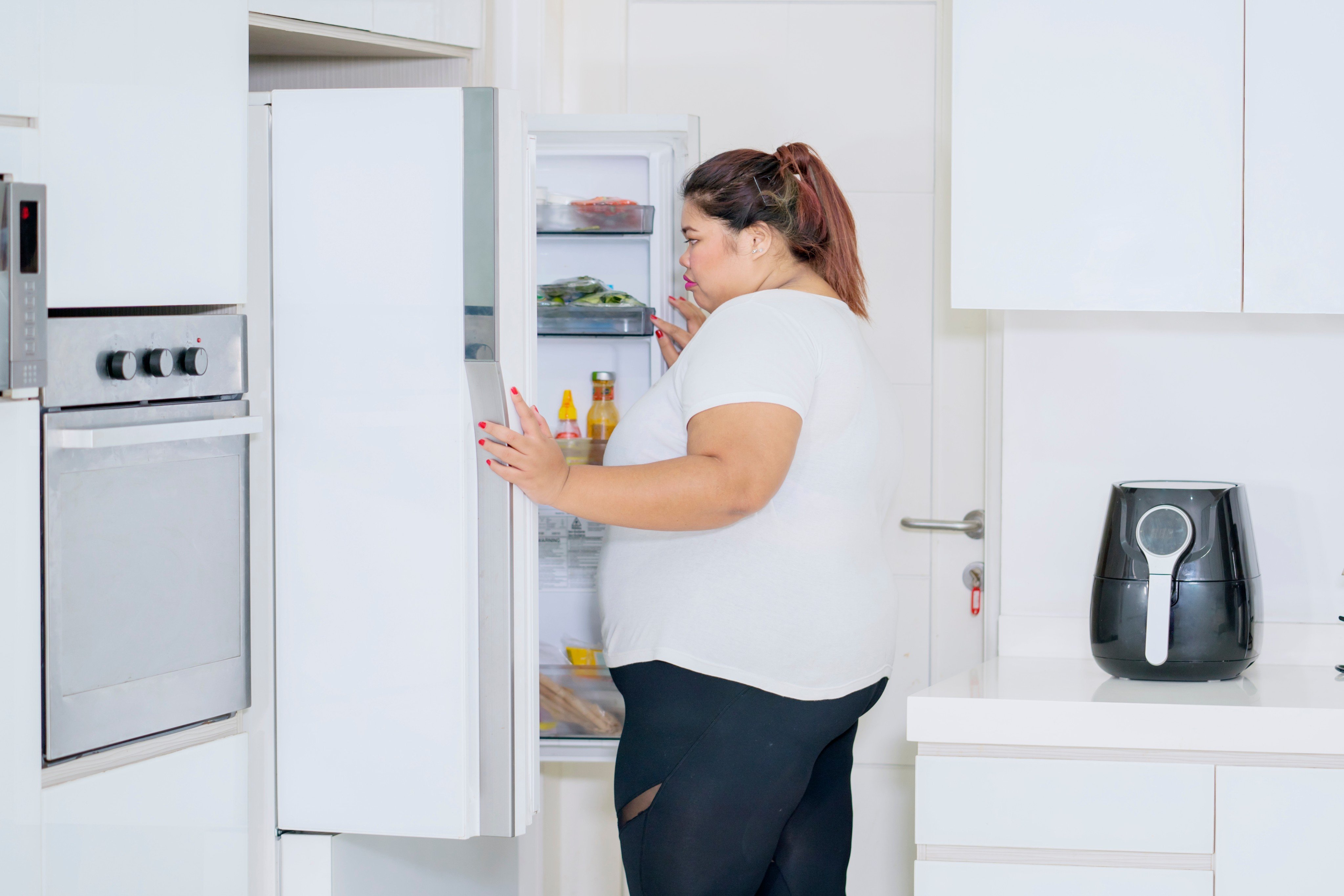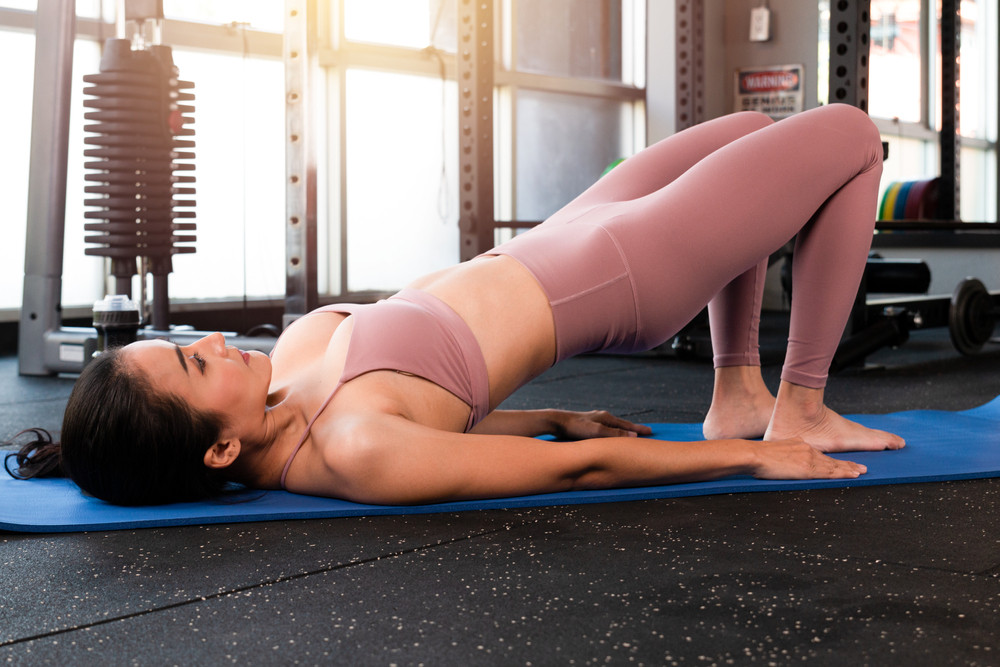Advertisement
Advertisement

Lily Canter
Lily Canter is a freelance money, health and lifestyle journalist with more than 20 years' experience. She writes about fitness for Runner's World and Trail Running magazines and focuses on personal finance for Yahoo! Finance, Metro, The Guardian and the Mail on Sunday. In her spare time she is a running coach and co-host of the award-winning podcast Freelancing for Journalists.
One of these diets ‘is possibly bad for your bones’ says an expert, while the other ‘likely improves performance’.
A Hong Kong study identifies 5 lifestyle changes that lower the risk of developing irritable bowel syndrome. A sufferer confirms they work.
Many trail runners don’t consume enough calories in races, which can lead to long-term health issues. Hong Kong experts advise what to eat.
A study in Finland found that strengthening the hips and core before exercising could be the key to reducing injury risk for newbie runners.
Advertisement
People who catch up on sleep lost during the week by sleeping in on weekends have a lower risk of heart disease, new research says.
Obese people with belly fat who do 30 minutes a week of high-intensity exercise have the same risk of stroke, heart attack and related conditions as non-obese people, study finds. It’s the fat-but-fit paradox.
Study of 300 employees found yoga, running and cycling reduced exhaustion and boosted engagement.
Hot flushes are a debilitating condition experienced around menopause, but a low-fat, vegan diet including a daily dose of soybeans showed promising results in reducing flushes in a recent study.
Study participants who completed a 3km treadmill time trial in a state of hypohydration were 6 per cent slower on average.
Breastfeeding after high-intensity workouts can safeguard a baby’s health and lower the risk of obesity and diabetes in adult life, recent research shows – debunking myths about exercise and a mother’s milk.
Having a gentle jog before may be just as effective as a plyometric workout and may help athletes retain vital glyocen stores for longer.
Trail running and taking up martial arts reduced insomnia and anxiety for Hong Kong corporate communications worker Michelle Sum. Regular exercise was also shown to reduce insomnia in a recent study.
The Brazilian jiu jitsu athlete went from 0 303.313km in under a year at the Lululemon challenge to prove wrong those who thought it was beyond her.
Your pores need to expand to allow sweat to escape, but if you’re wearing foundation they can’t, researchers show. Your skin can’t maintain the right level of oils either.
A study finds that physical activity is more effective than counselling or leading medications for improving depression, anxiety and distress symptoms – as shown by a runner who says it saved her life.
Runners who are too passionate or perfectionist are more prone to knee, foot or lower leg injuries. To avoid this, be more realistic about your expectations or limits, says a Hong Kong physiotherapist.
Lawyer Alice McLeod was the first woman to cross the finish line of this year’s 298-kilometre Hong Kong Four Trails Ultra Challenge – here’s how she planned and trained for the incredible feat.
A new study suggests that tai chi may help lower blood pressure in people at risk of developing hypertension more effectively than conventional aerobic exercise. Experts describe its benefits.
Climate change is driving extreme weather events that make air pollution worse, according to a major report. More people – young and old – with lung problems will die as a result, says an author of the report.
A study of 4,000 marathon runners finds no causal link between their running history and osteoarthritis. It adds to evidence that the idea distance running damages the knees and hips is a myth.
A study has debunked the belief that engaging in vigorous exercise such as high-intensity interval training (HIIT) while pregnant is harmful to unborn babies.
A study has found Astragalus root, used in traditional Chinese medicine, reduces inflammation without side effects common to cardiovascular medicine, potentially making it a ‘key treatment’ for heart attack patients.
Moderate-intensity exercise, social interaction and playing games like mahjong to keep the brain active are key to cognitive health, say experts of a study that involved 19,000 elderly Chinese adults.
A study in the Amazon rainforest is assessing the effects of ayahuasca-based psychedelic medicine on war veterans, to see if the plants could be used to treat PTSD and other mental health conditions.
Actor Chris Hemsworth fasted to stave off ageing for his Disney+ Limitless series. Studies on mice show intermittent or periodic fasting, and temporary dietary restrictions, may help extend their lives.
People who smoke and/or are obese are much more likely than others to get Covid-19 and to suffer severe infection, a large-scale study has found. Those at risk should get vaccine booster shots, a researcher says.
A research team in Hong Kong has found a new way to treat one of the most common forms of epilepsy, in mice. One in 10 people have at least one seizure in their lifetime.
An enzyme with a big role in making people feel full has been identified, and scientists say drugs that target it could be developed that would make obese people eat less and lose weight.
The practice of microdosing tiny amounts of psychedelic drugs has recently grown quite trendy. We take a look at its history, who’s doing it, the perceived benefits and what the science says.
You only need 30 to 60 minutes’ strength training a week to reduce the risk you will die by as much as a fifth, a study shows. A personal trainer describes five exercises you can do at home.

